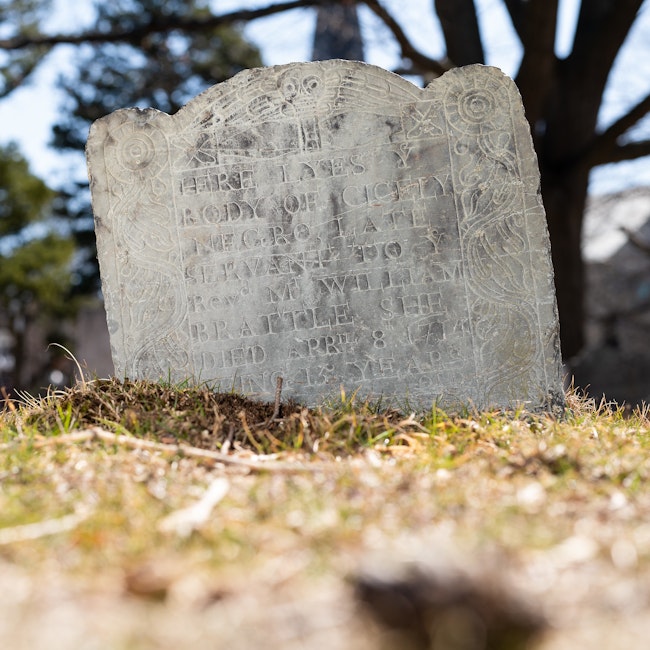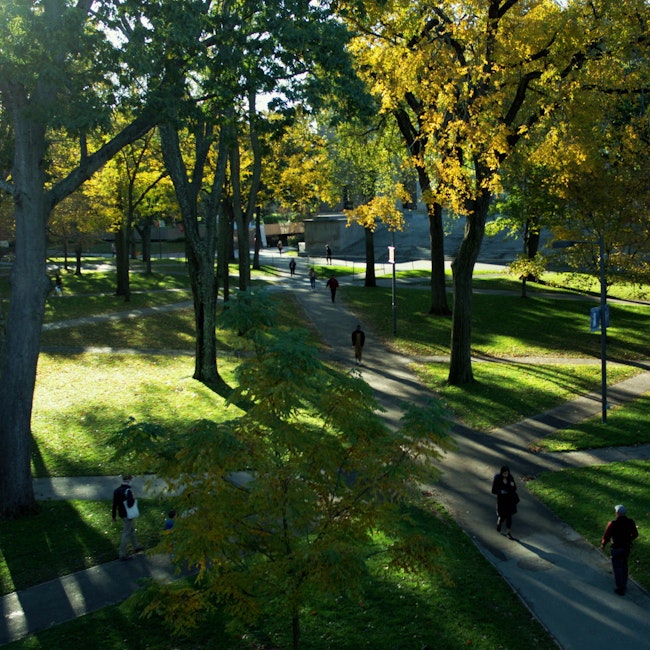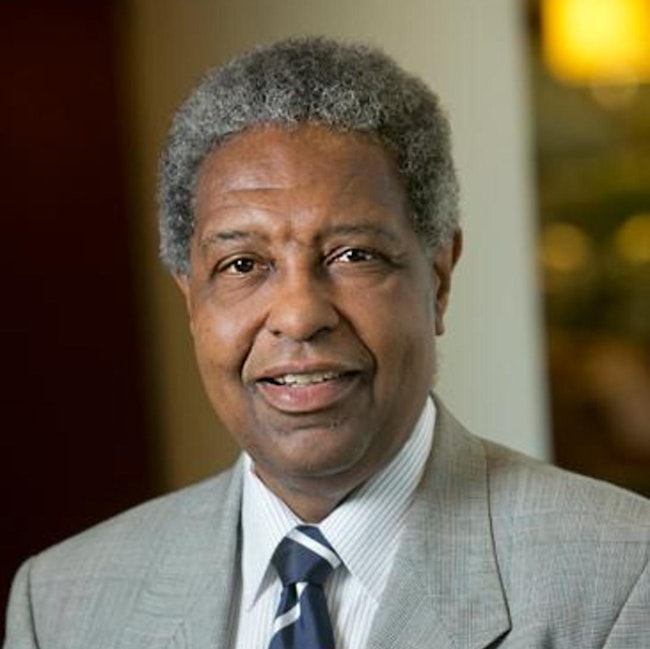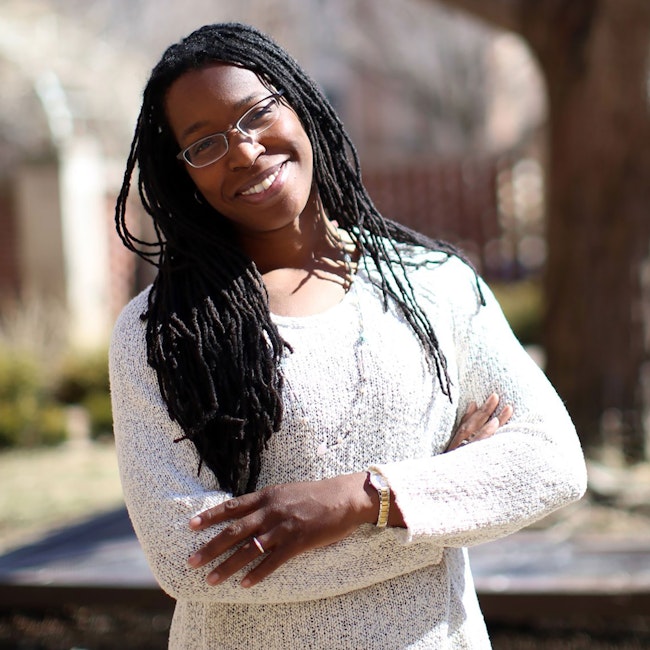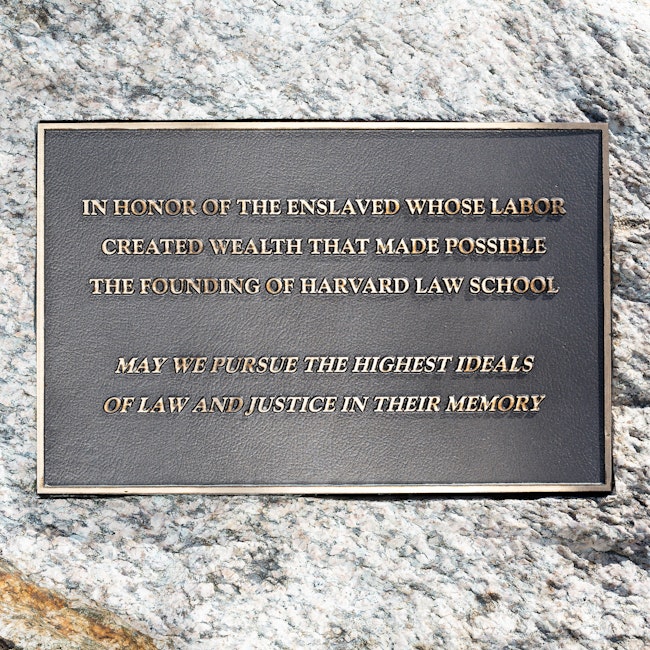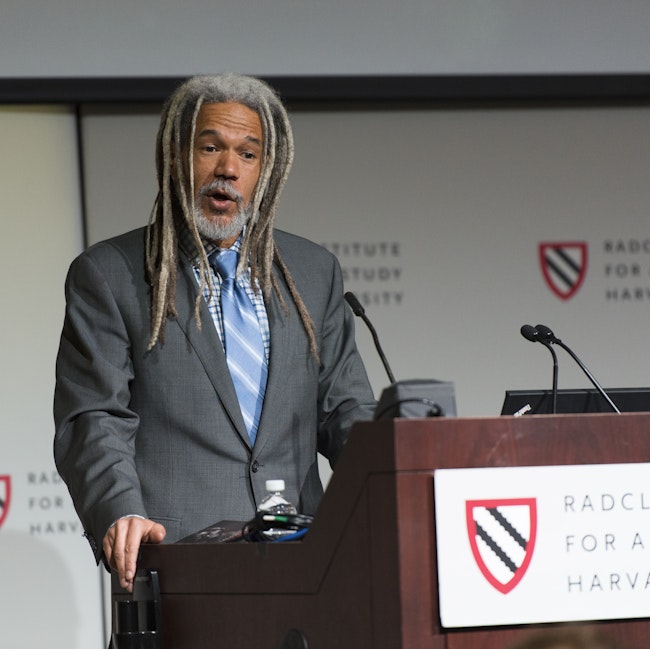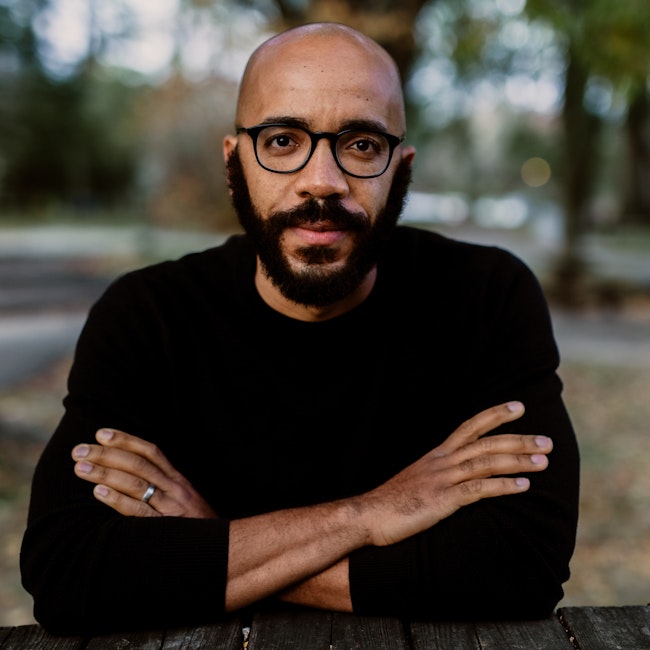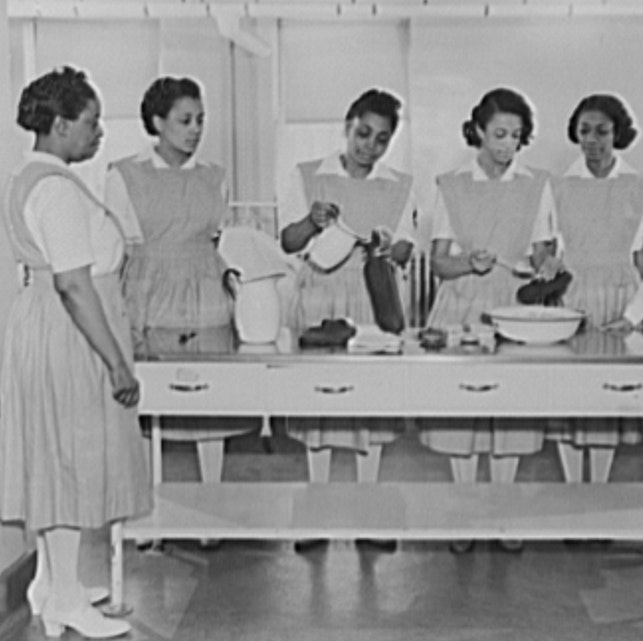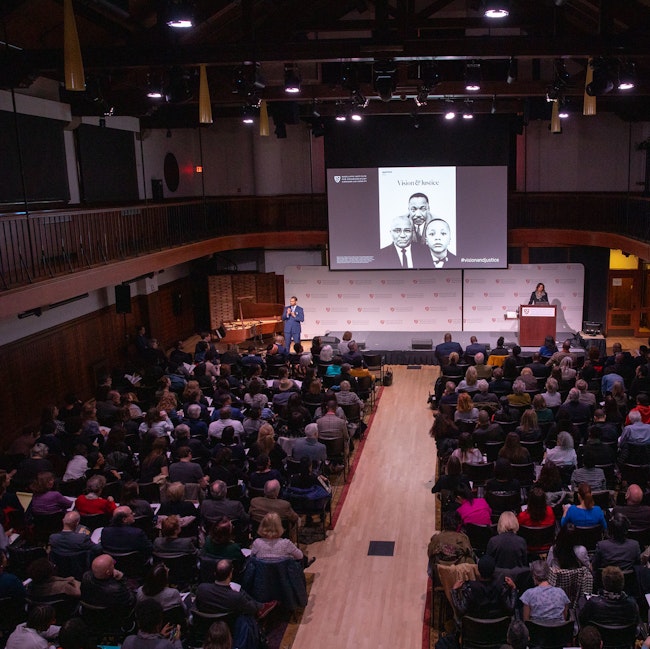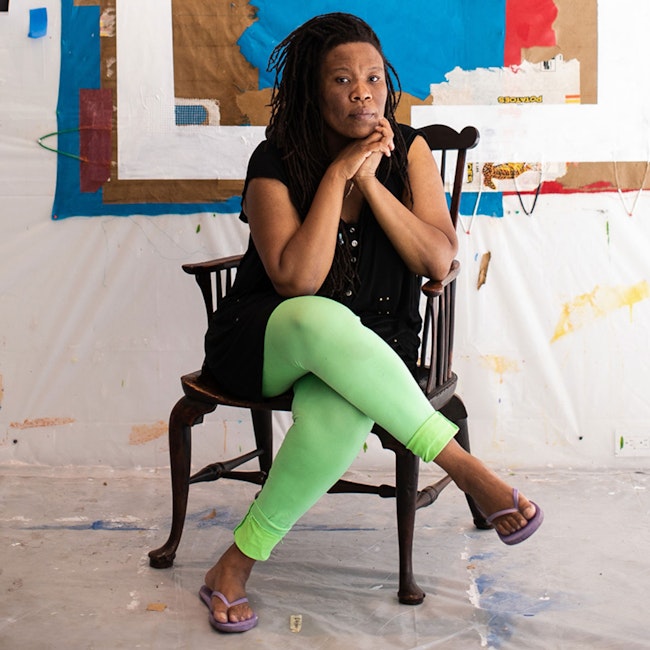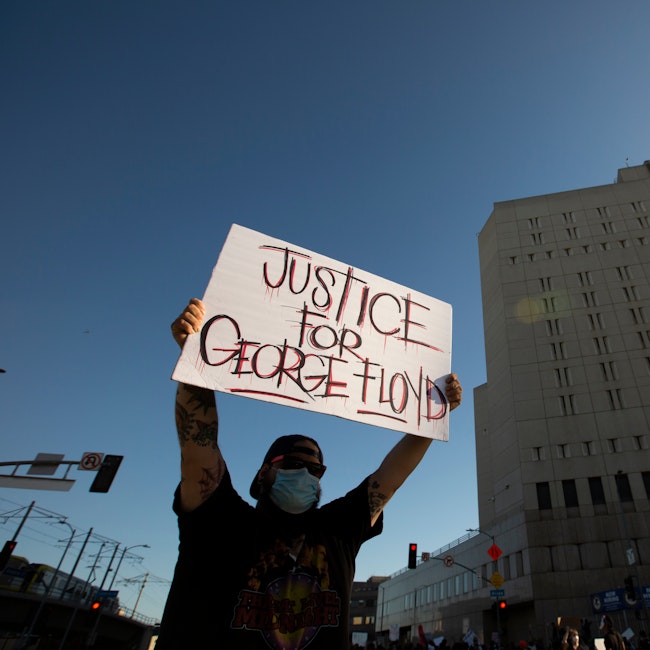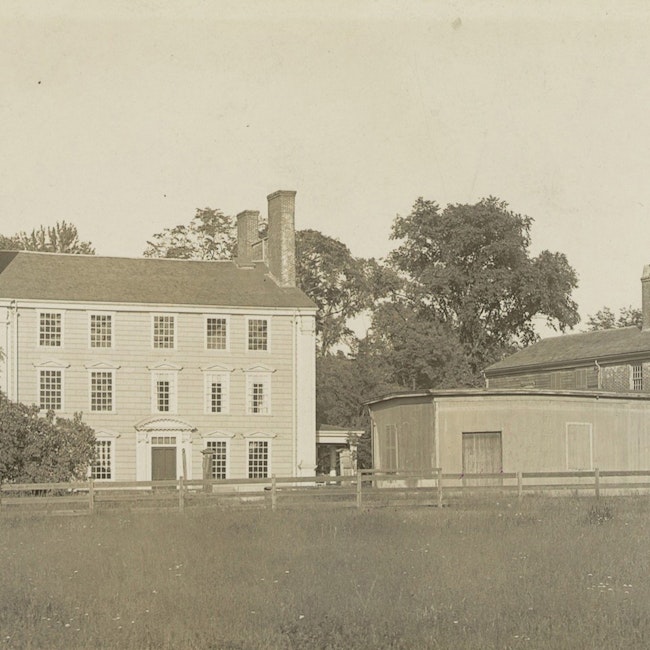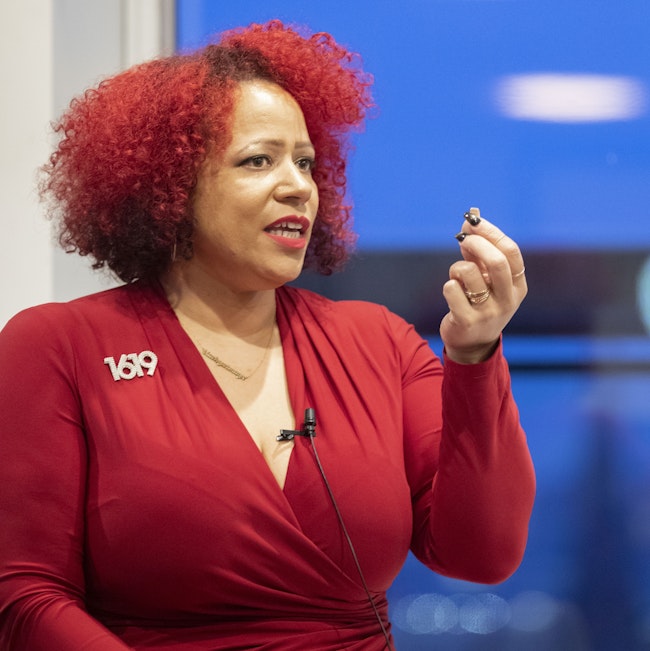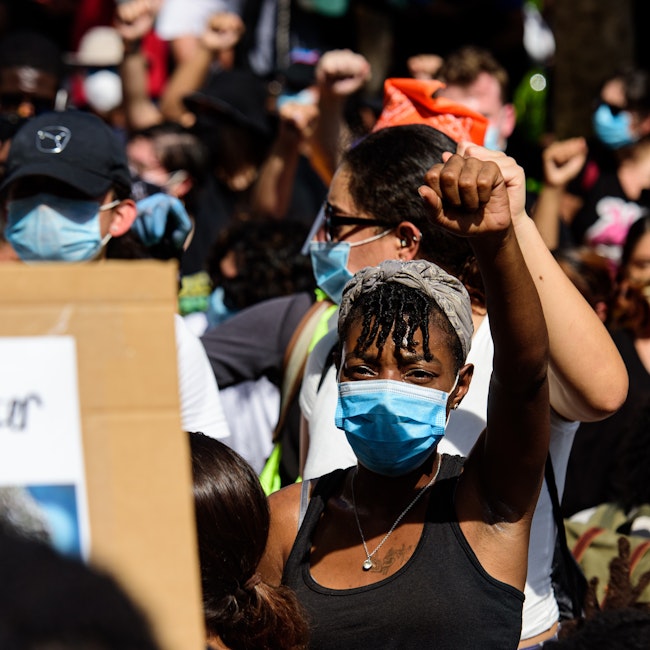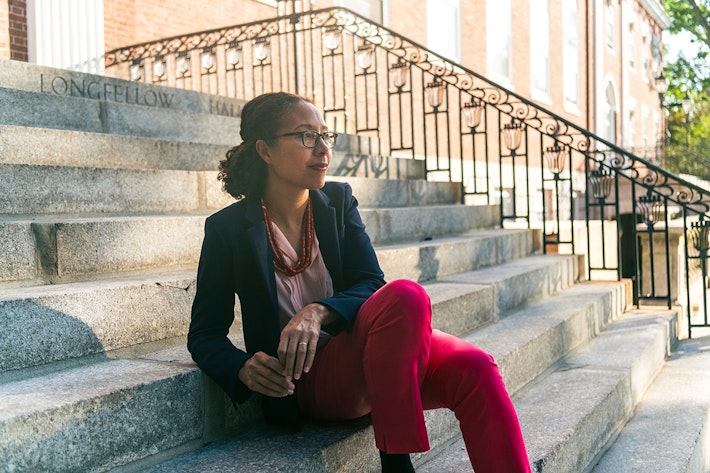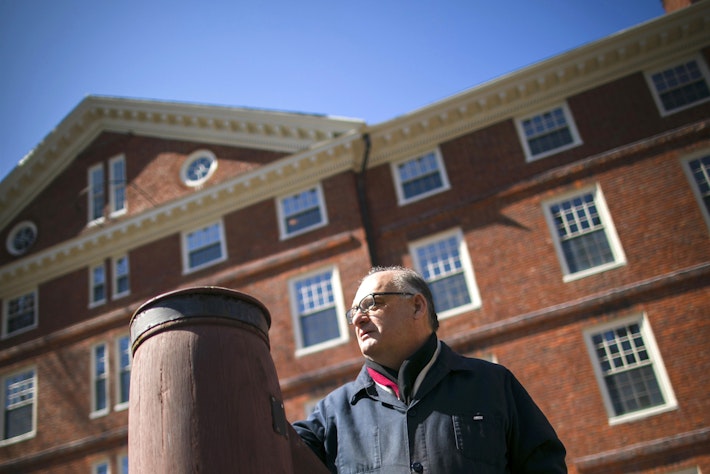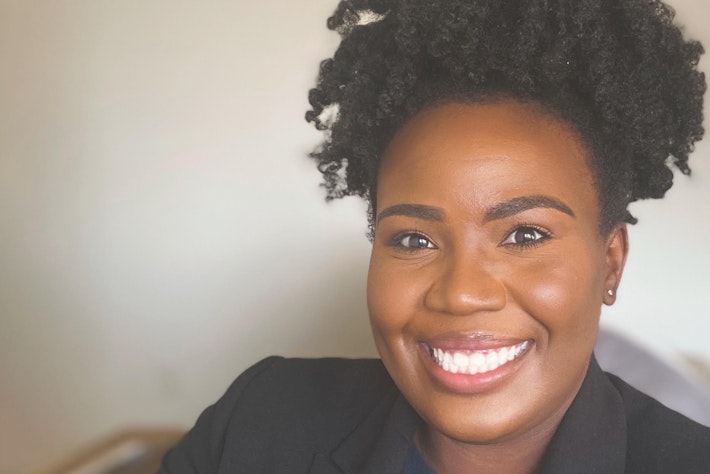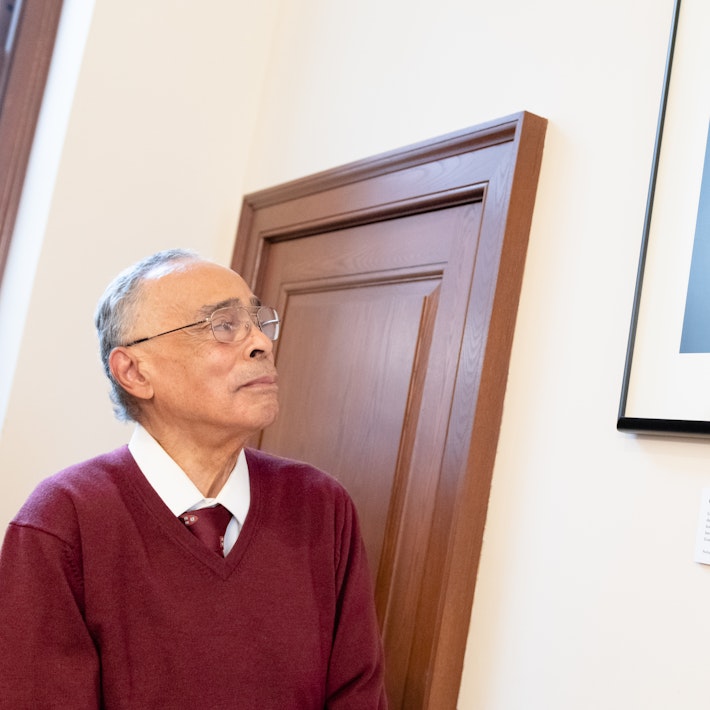Harvard & the Legacy of Slavery
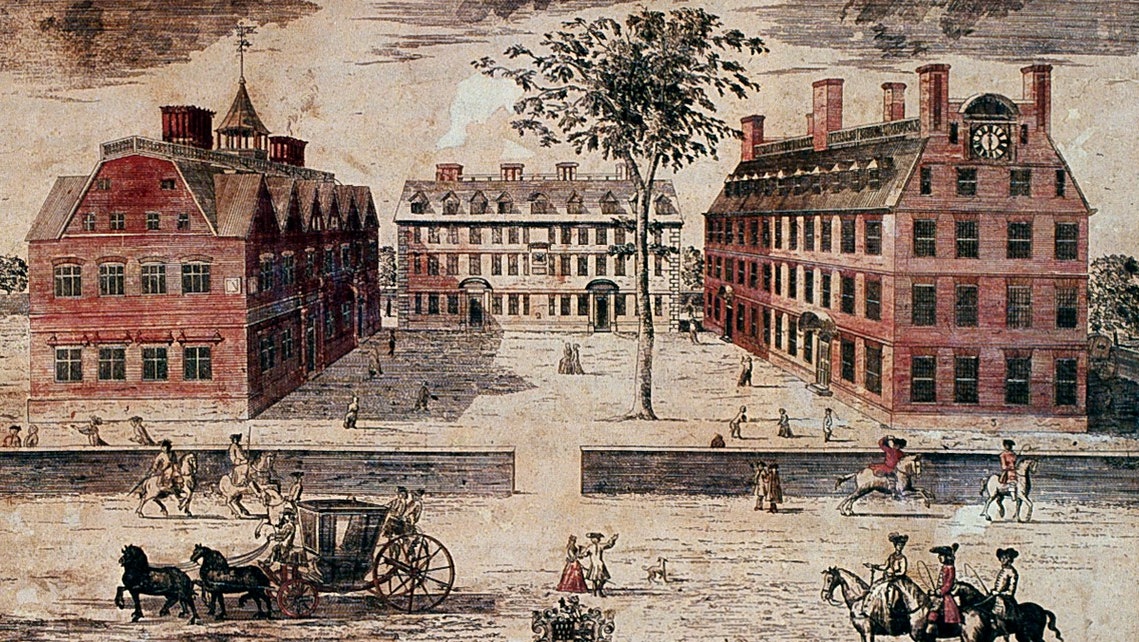
On April 26, 2022, Harvard President Larry Bacow released the Report of the Committee on Harvard & the Legacy of Slavery, accepted the committee’s recommendations in full, and announced a historic commitment of $100 million to fund their implementation.
The first phase of the initiative’s work was to uncover the truth of Harvard’s ties to slavery through deep research guided by a committee of distinguished faculty drawn from across the University. This research provides a strong foundation for our next phase: the process of reckoning and repair.
Addressing Our Legacy
Sara Bleich, vice provost for special projects, charts the course for implementing recommendations from the Harvard & the Legacy of Slavery report.
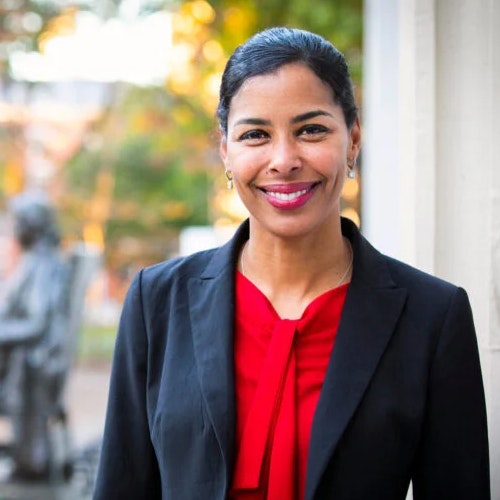

Report of the Presidential Committee on Harvard & the Legacy of Slavery
The report of the Presidential Committee on Harvard & the Legacy of Slavery documents the University’s ties to slavery—direct, financial, and intellectual—and offers seven recommendations that will guide the work of reckoning and repair now beginning.
Explore
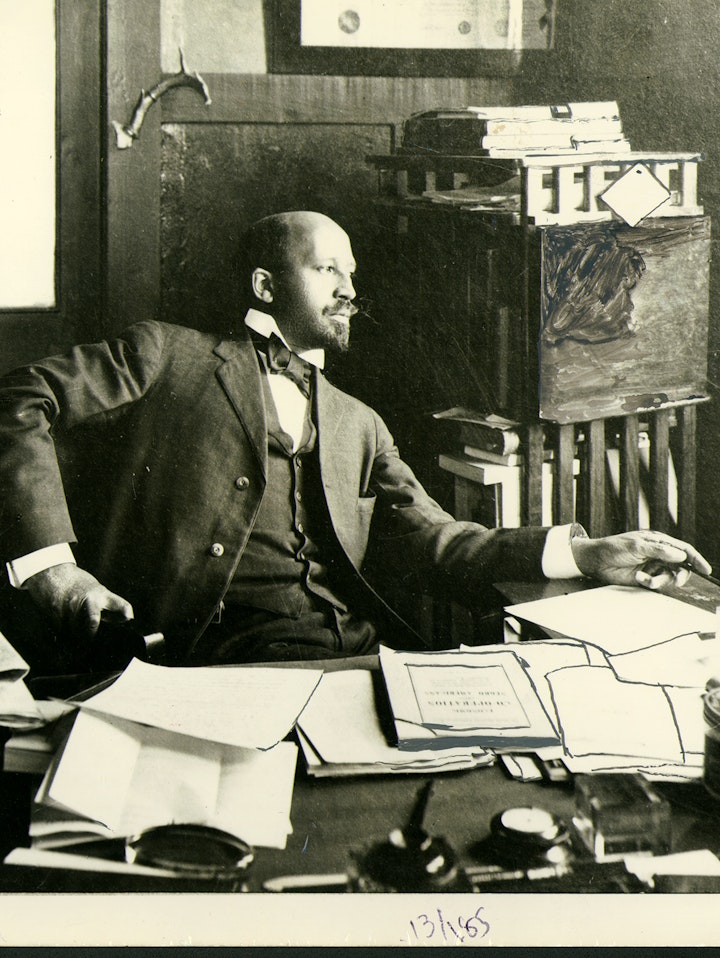
Harvard & the Legacy of Slavery: Tour Experience
Explore Harvard University’s entanglements with the institution of slavery and the history of Black leadership through a 10-stop tour in Cambridge, MA.
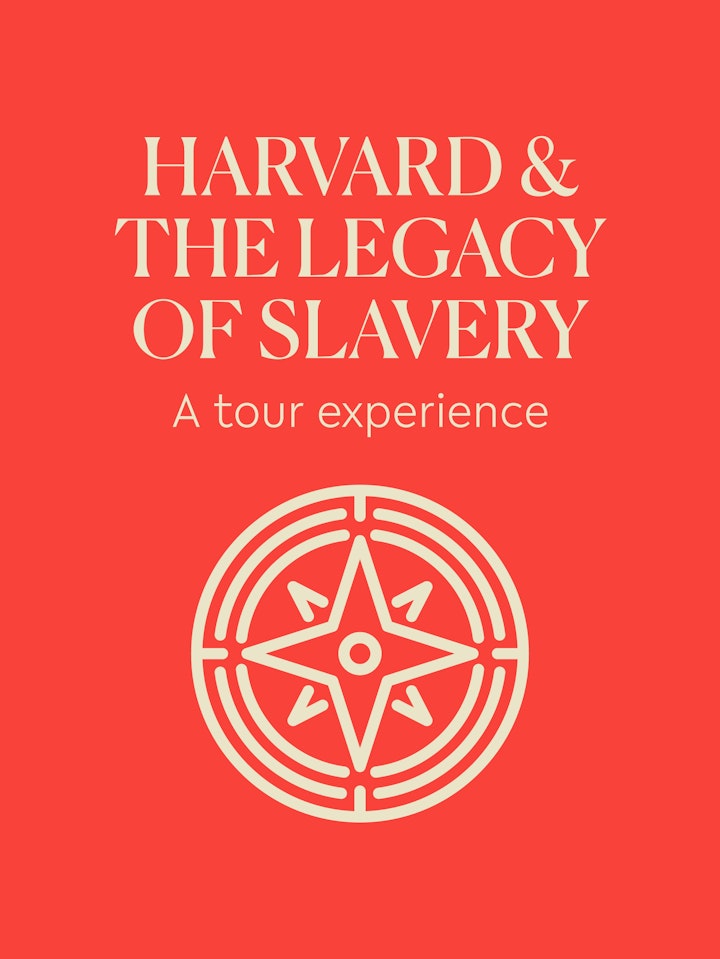
Harvard & the Legacy of Slavery: Film
This short film offers an introduction to the first phase of the initiative's work—the history—which undergirds the presidential committee's seven recommendations for action.


Telling the Truth about All This: Reckoning with Slavery and Its Legacies at Harvard and Beyond
Over the past two decades, universities around the world have begun to engage with their legacies related to slavery. With this history uncovered, we now ask: What must institutions of higher education do? What types of repair work can and should we undertake? We explore these questions through discussions about a range of topics, including engagement with descendant communities, legacies of slavery in libraries and museums, and novel public engagement and educational opportunities.
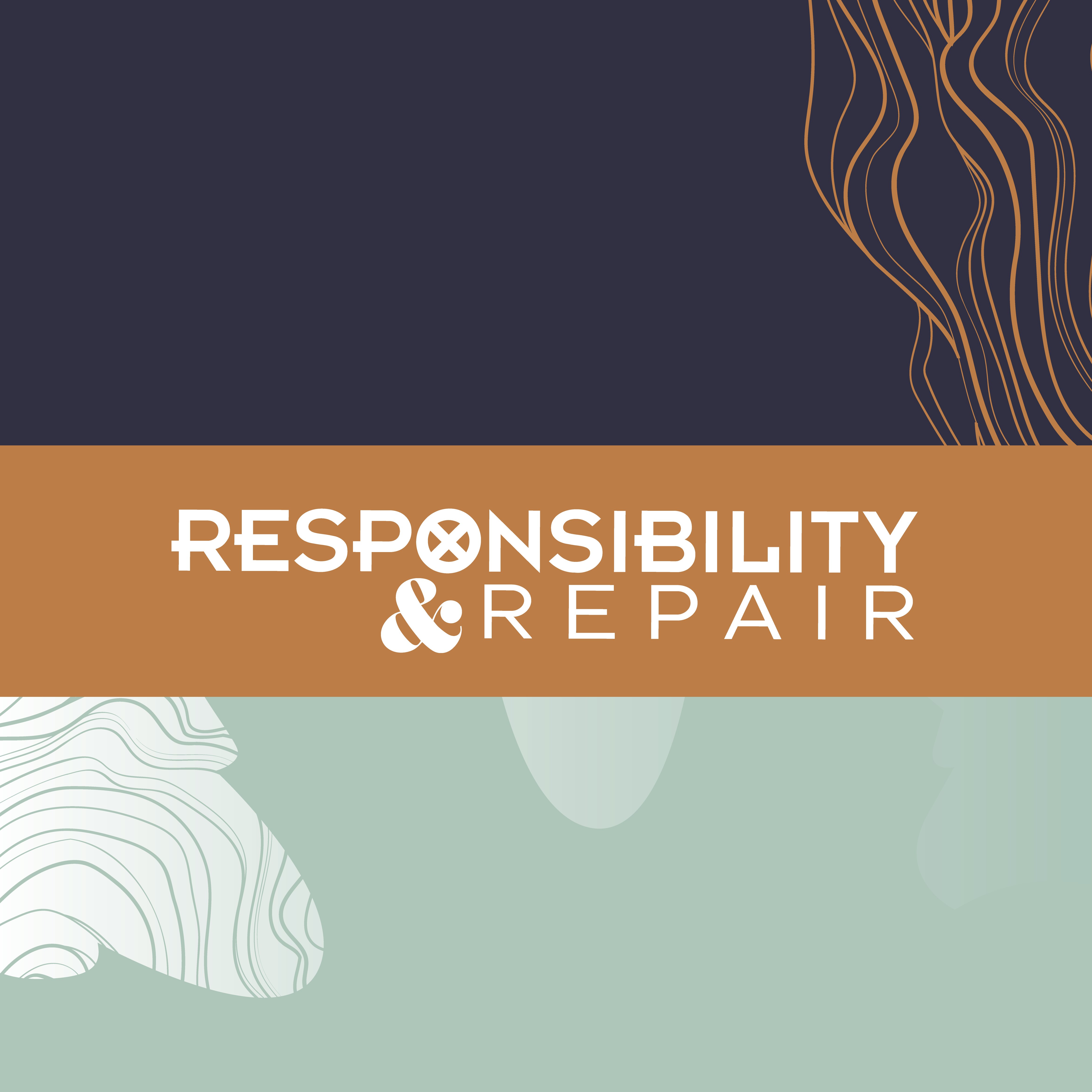
Responsibility and Repair: Legacies of Indigenous Enslavement, Indenture, and Colonization at Harvard and Beyond
This conference, “Responsibility and Repair”—led by Harvard University’s Native American Program in collaboration with Harvard Radcliffe Institute—brought together Native and university leaders to advance a national dialogue, expand research, and establish and deepen partnerships with Indigenous communities. Activists, scholars, Native leaders, tribal historians, and others explore the responsibility of universities to confront their past and recommended steps toward repair that is often centuries overdue.
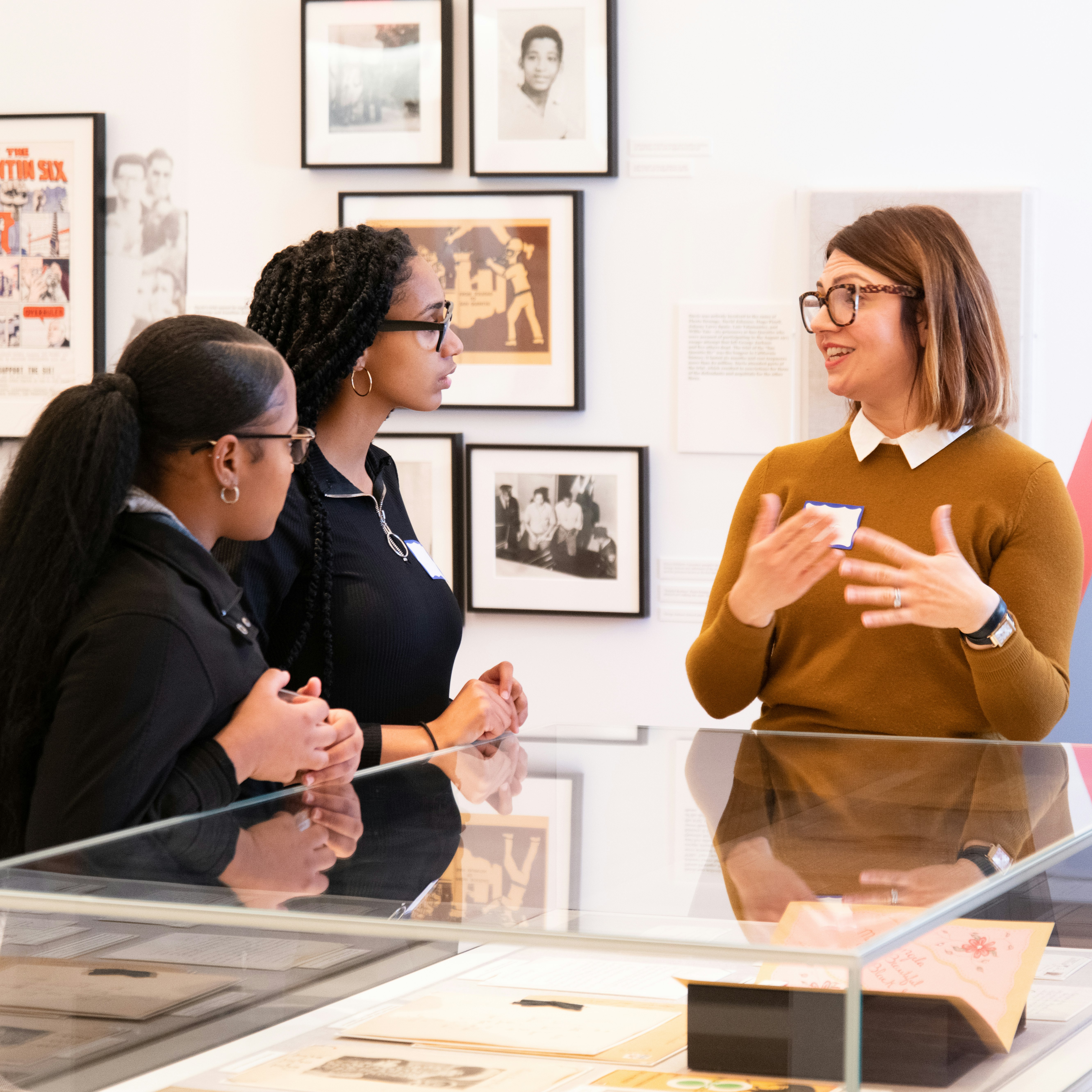
Stay Connected
Subscribe to our monthly digital newsletter to receive updates on the Presidential Initiative on Harvard & the Legacy of Slavery.
